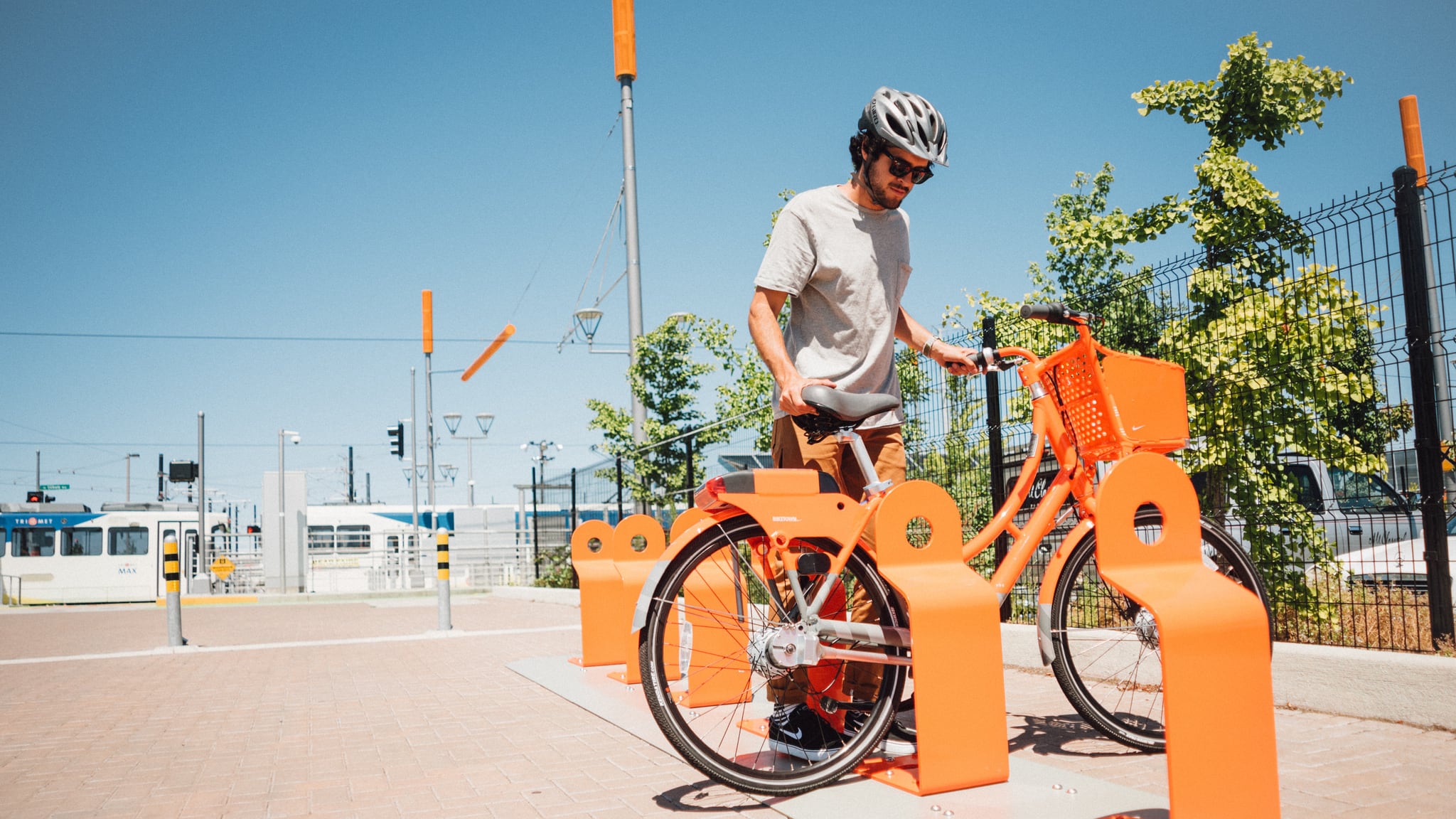Some people hated them. Some people loved them. But the brief festival of electric scooters in Portland did reignite interest in alternative forms of transit—including Biketown, the city's bike-share program.
Any fears that e-scooters would eat into business were unfounded.
New data provided by Portland Bureau of Transportation show that ridership numbers for Biketown have been steadily increasing since the start of the city's four-month long scooter pilot program.
According to PBOT's data, Portlanders took 133,625 Biketown trips between July 26 and November 20, the same period of time that scooters were on city streets. That's a six percent increase from the same period in 2017.
The scooter program ended Nov. 20, and PBOT is now reviewing data and preparing for a public process to determine if the new machines will come back.
Related: Portland's E-Scooter Pilot Program Ends Tuesday. What Happens Now?
But the popularity of e-scooters—nearly 700,000 rides were taken in four months—in combination with the increased use of bike share paint an encouraging picture of a less car-dependent city.
The scooter rental numbers are five times the number of bike rentals. That said, Biketown's fleet is also half the size of the scooters deployed by three companies combined. There were a total of 2,049 scooters operating in Portland, while only 1,000 Biketown bikes are in use.
Related: Scooters are making people mad—and they might spur the next breakthrough in Portland transportation.
Biketown's week-by-week data show that there were only five weeks during the scooter pilot program when bike share ridership decreased from the same weeks in 2017. Most weeks, bike share rides increased—sometimes by more than double.
During one week in October, Biketown ridership increased by 72 percent, or over 2,000 rides.
Find the chart comparing 2017 Biketown data to 2018 data below.


